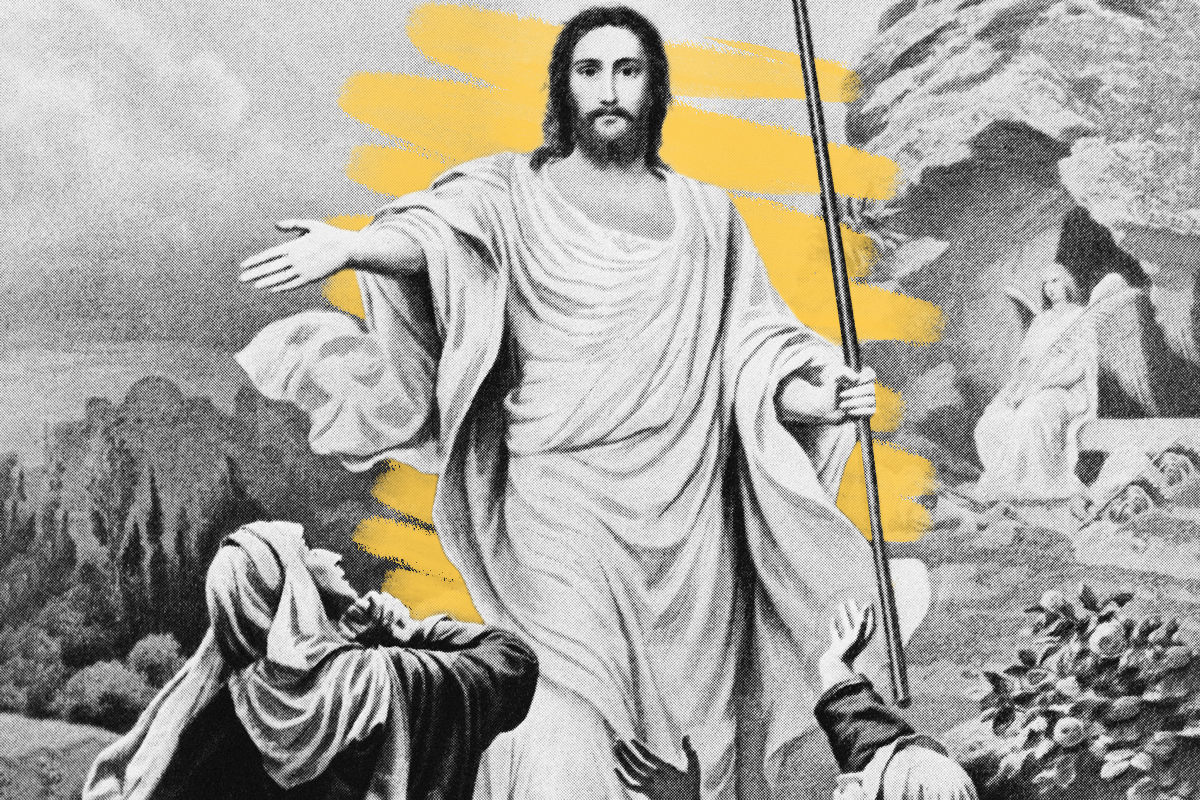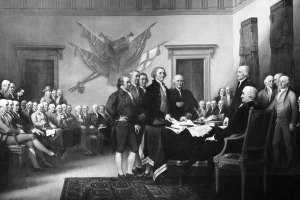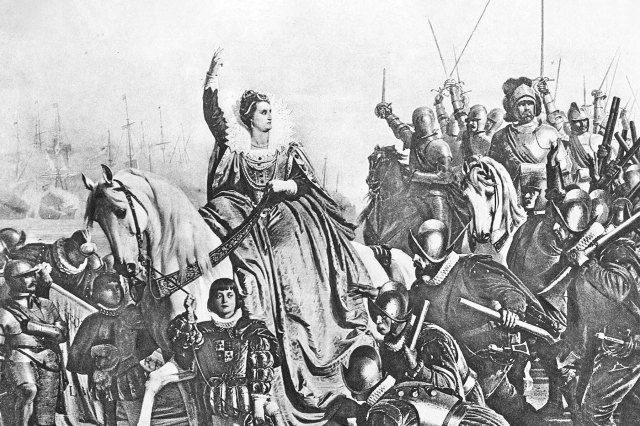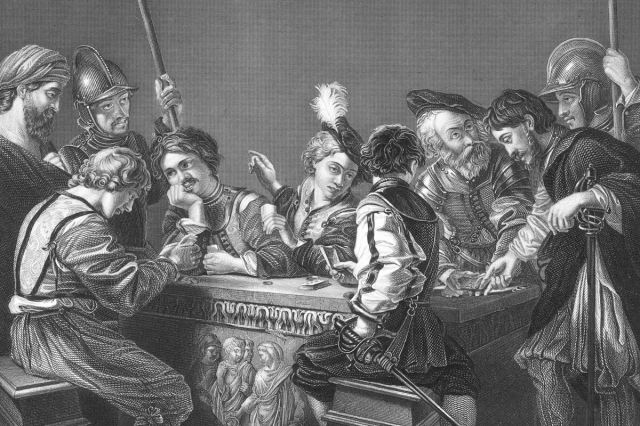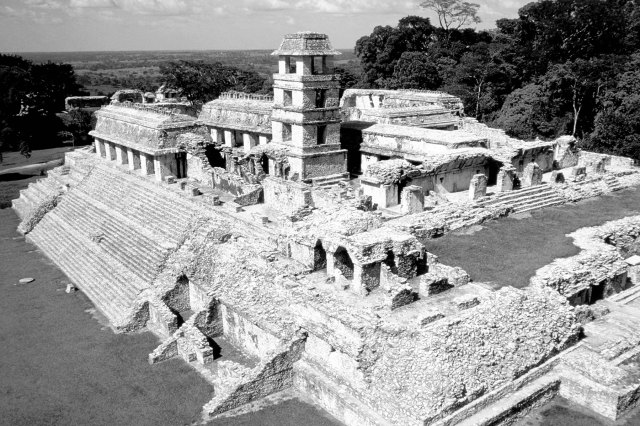Choosing the date of Easter was a major controversy.
Easter is a movable feast, meaning it takes place on different days in different years. Nowadays, it’s celebrated on the first Sunday after the first full moon following the spring equinox (try saying that five times fast), which means it can fall anytime between March 22 and April 25. That’s a bit more complicated than, say, Thanksgiving (the fourth Thursday in November) — and it was even more complicated to settle on. Choosing when to observe Easter was a major ordeal known as the Paschal controversies, which began in the second century CE and took several more centuries to settle.
It’s easy to see why people have strong feelings about the holiday. Easter celebrates the rebirth of Jesus Christ, and is an exceedingly sacred day for Christians. The first debate was over whether it should always fall on a Sunday, traditionally observed as the Lord’s Day and the day that Jesus rose, or the 14th of Nisan, which in the Jewish calendar is the day the Paschal lamb was sacrificed and eaten, marking the start of Passover. Though a Jewish holiday, Passover has significance for Christians as well because it foreshadows Christ’s own symbolism as the sacrificial Lamb of God, and Jesus’ crucifixion and resurrection occurred during the week of Passover.
It was eventually decided to combine the two, with Easter falling on the first Sunday after this significant event. Then there was the matter of actually calculating the 14th of Nisan, also known as the Paschal moon (the first full moon after the spring equinox), which caused issues of its own. Because many Eastern Orthodox churches still use the ancient Julian calendar rather than the widely recognized Gregorian calendar, Easter often falls on a different date for them — though not this year, when it falls on April 20 for all Christians.





